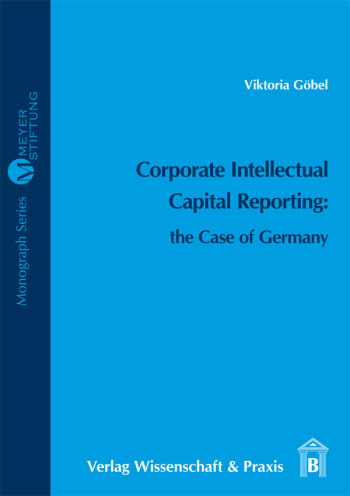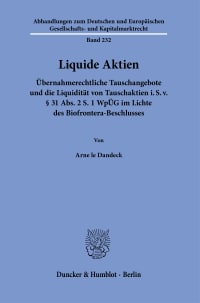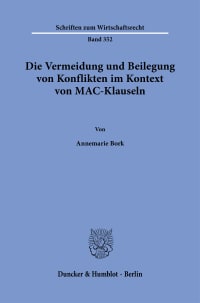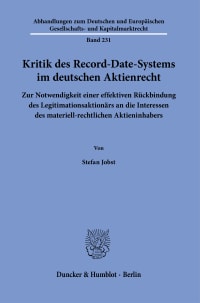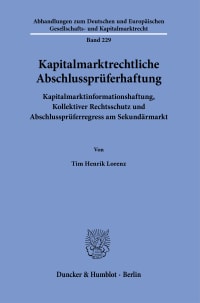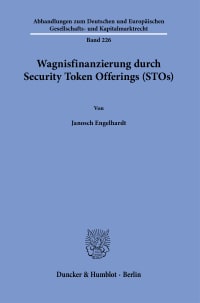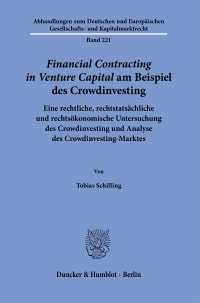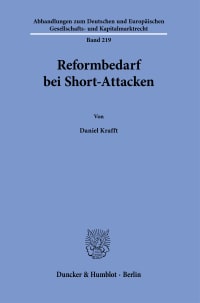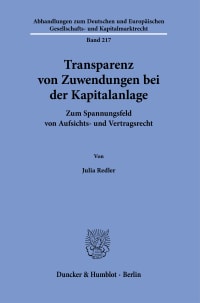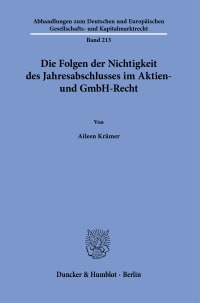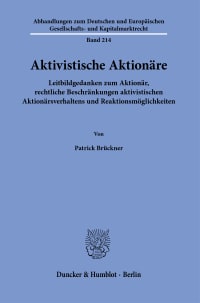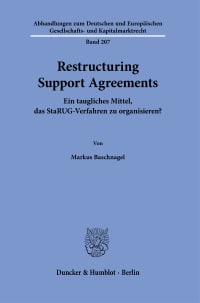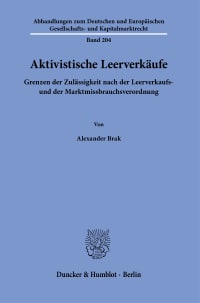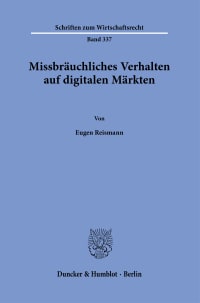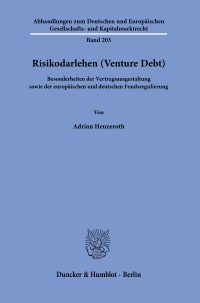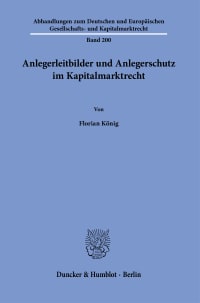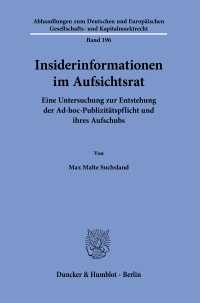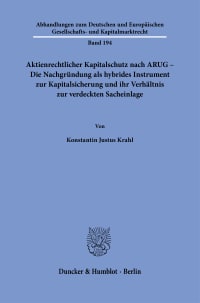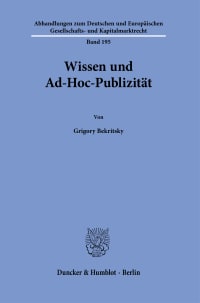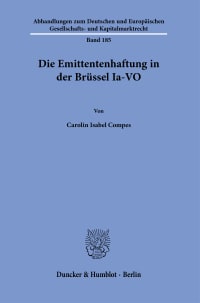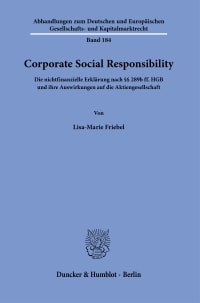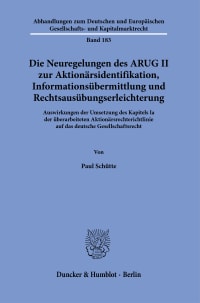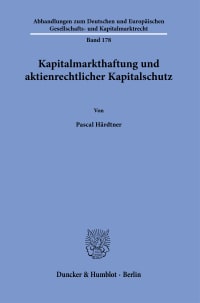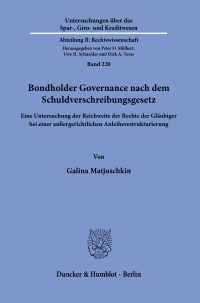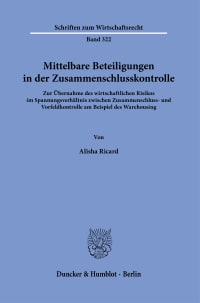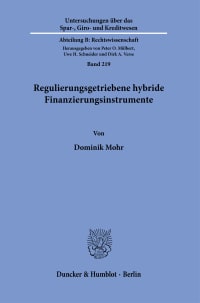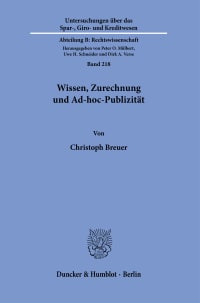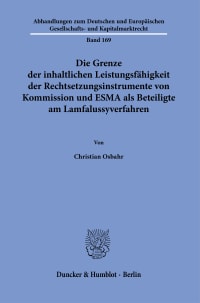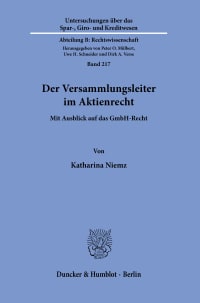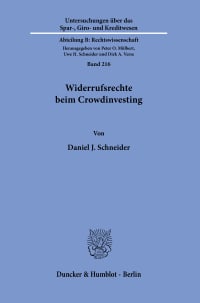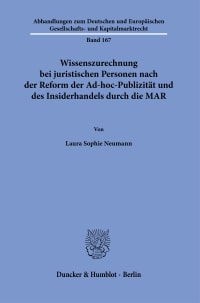Description
Intellectual capital (IC) consists of intangible resources and is considered to equip a company with competitive advantages, encompassing efficient internal structures, beneficial relations to primary stakeholders and employee competencies. IC has been argued to considerably contribute to corporate value creation. As IC reporting represents a central communication platform for this important form of capital, a separate area of research has developed on IC reporting.
This study examines potential motivations for IC reporting in management reports of 428 listed German companies for the accounting year 2010. Germany offers a unique research setting for IC reporting due to a mandatory Management report containing information on IC. To infer motivations, agency theory and legitimacy theory are applied to test which theory better explains IC reporting. According to agency theory, companies report on their IC to reduce the Information gap between managers and owners, interpreted in this study as explaining the value creation process for IC. In contrast, legitimacy theory suggests that corporate IC reporting serves as a tool to legitimise the company’s market position, which is investigated by looking at corporate mispricing and the proportion of intangible resources. The study is structured in three research projects.
The first two projects analyse methodological approaches, providing the Basis for testing theories in project three. In the first project, a novel measure to estimate IC value is identified in the area of mergers and acquisitions research and innovatively applied to IC research. The second project supports a parsimonious design of a research framework for an IC content analysis. In the final project, the results show that legitimacy theory better explains IC reporting compared to agency theory. According to the findings, IC reporting is motivated to legitimise a company’s market position and to justify the use of intangible resources.
Overview
1 Introduction
Motivation for this study – Research questions and contribution – Main results – Structure of thesis
2 Review of literature on intellectual capital reporting
Introduction – The concept of IC – IC reporting research – Methodological considerations in IC reporting research – Conclusion
3 German context for researching intellectual capital reporting
Introduction – German management report – Movements towards IC management and reporting in Europe – German setting for IC reporting – Conclusion
4 Methodology overview
Introduction – Research questions – Research design – Sample selection – German company characteristics – Limitations of the study – Conclusion
5 Estimating a measure of intellectual capital value to test its determinants
Introduction – Literature review – Research design – Results – Conclusion
6 Content analysis of intellectual capital reporting – Parsimony in research design
Introduction – Literature review – Research methods – Pilot study to develop a research framework for IC reporting – Testing for parsimony and comparability – Conclusion
7 Applying agency theory and legitimacy theory to intellectual capital reporting
Introduction – Literature review – Research methods – Results – Sensitivity test – Conclusion
8 Conclusions
Introduction – Summary and discussion – Contribution of research – Limitations and suggestions for future research
References
Appendix
List of IC components in English and German resulting from pilot study
Alphabetical Index
